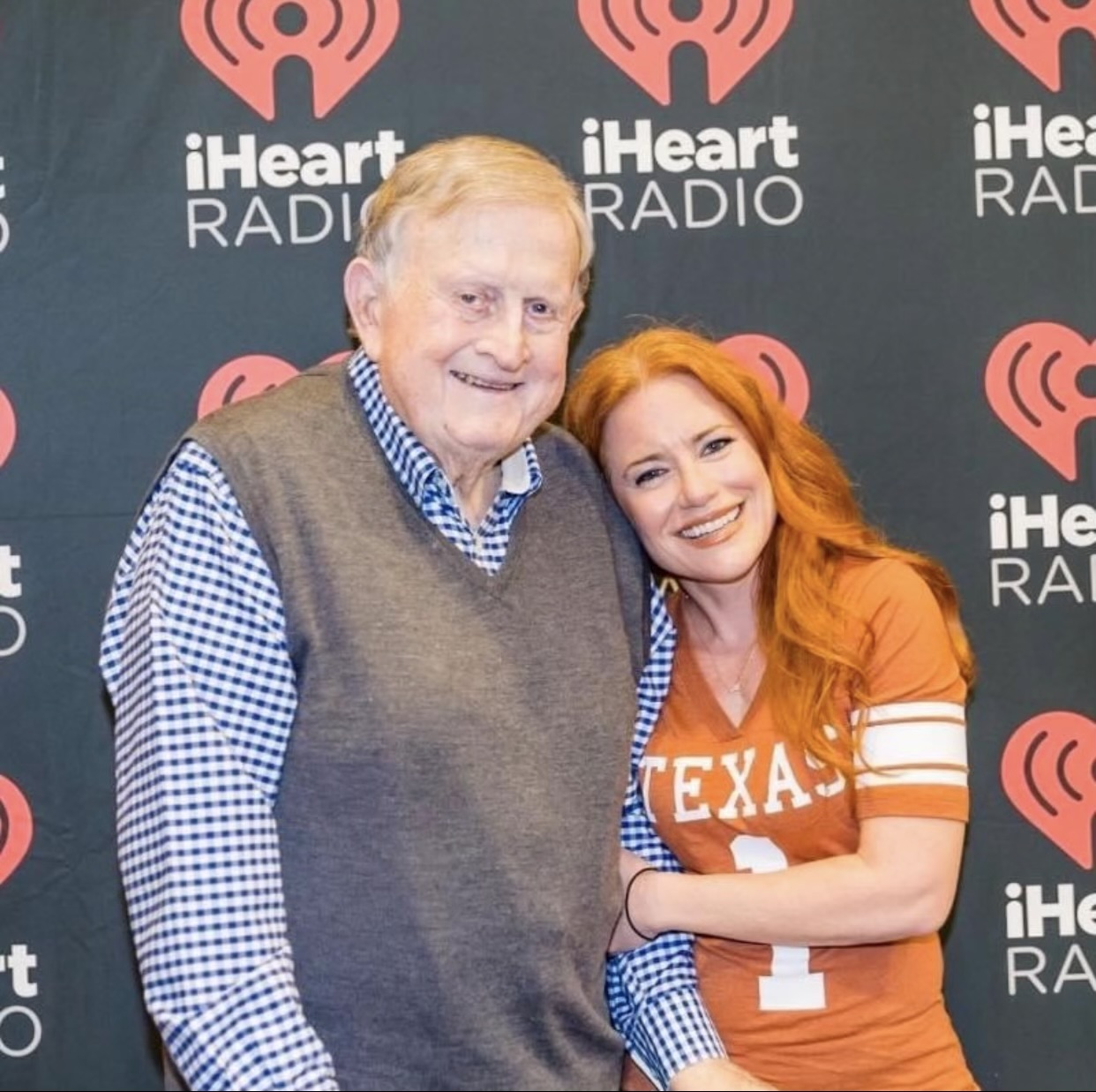
Author: Dare Rosebery, Exceptional Performance Coach
When I woke up one morning in the spring of 2015, I did not realize that my journey to become a better leader of myself would officially begin.
That day was the first time retired U.S. Army Colonel Allen Forte and I led a Performance Intensive together. Allen is an inspiring, exceptional leader, and I was anxious that people would compare me to him and find me lacking.
Twenty-seven executives were seated in a horseshoe arrangement. Allen began to ask each of them, “What would you give up to become a better leader?” One by one, each responded with answers ranging from “sleep” to “impatience,” to “email,” to “power,” to “time,” to “position,” and so on.
I was hoping Allen would overlook me when I heard, “Okay, Miss Dare, what would you give up?” My heart skipped a beat. I looked up and suggested, “Control?” To my shock, Allen replied, “That is a great one for you. You are a control freak!”
Stunned and feeling the heat rise to my cheeks, I became aware that my desire to control was not a secret. Further, Allen—a person I greatly admired—said, “control freak” in a way that made it evident that being one was not a good thing.
Unmasked and feeling vulnerable in front of people that I had hoped would see me as accomplished and wise, images of yellow Post-its flashed through my mind. My mother used to sprinkle notes that said “chips,” “dip,” and “veggie platter” on tables before hosting potluck parties. At around age 13, I asked, “Mom, why do you place Post-its around before guests arrive?” She replied, “I am helping people know how to help.”
Suddenly, 30 years later, I realized that my mother wanted to help herself—not others. She made sure that everything was placed exactly how and where she wanted it.
As I sat there thinking about this “aha” and trying to regain my composure, I wondered whether I had been telling myself the same story. My directives and explicit instructions were helping people, but were they? Could it be that instead of helping someone, I made that person feel like I did not think she was capable or that I didn’t trust her?
Was I imposing my self-interest and what I thought was the right way – or even the only way – on my team?
How was I limiting people’s ability to develop and grow?
How was my controlling nature impacting my relationships?
Faced with self-awareness and a deeper understanding that I was negatively impacting people, I decided to not only be aware but to care enough to change and become better for others.
As a leader, I began setting outcomes together with the team and was not attached to how we got there, which meant people could share their ideas and choose their paths. With consistent effort and determination, I began to successfully overcome my controlling nature before others had to overcome me.
Becoming a recovered control freak who is not controlling has improved my relationships in all areas of my life. Being more others-focused has drastically improved my ability to lead myself and others to achieve better outcomes and success that is more predictable, repeatable, consistent, and sustaining for everyone.
Leader EQ articles are designed to help us discover and explore ways to become better leaders of ourselves and, thus better leaders for our families, teams, and organizations.
Photo attribution: Moose Photos – Pexels




